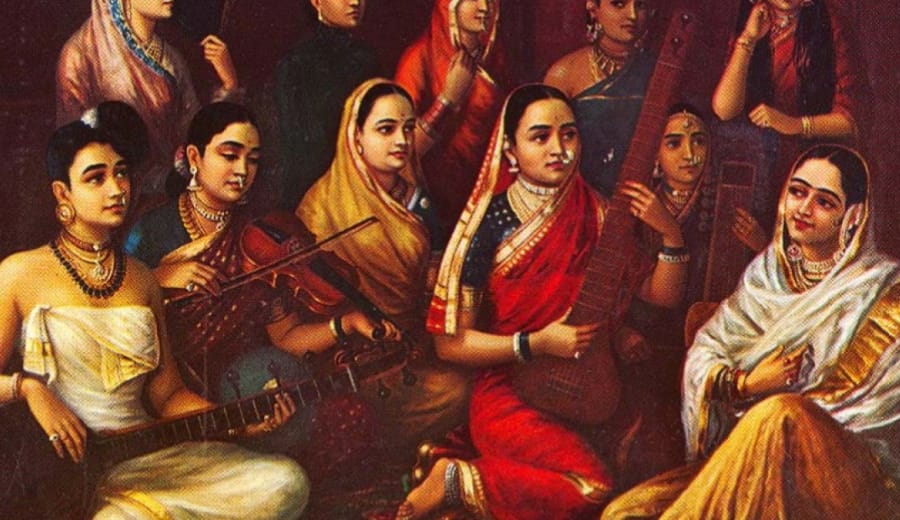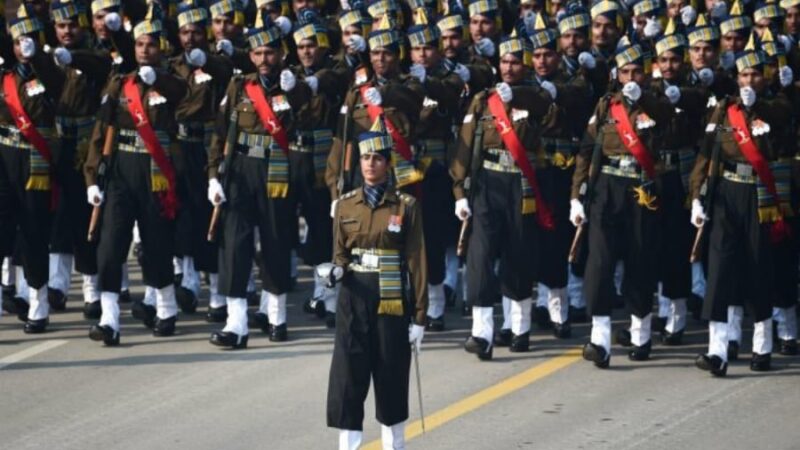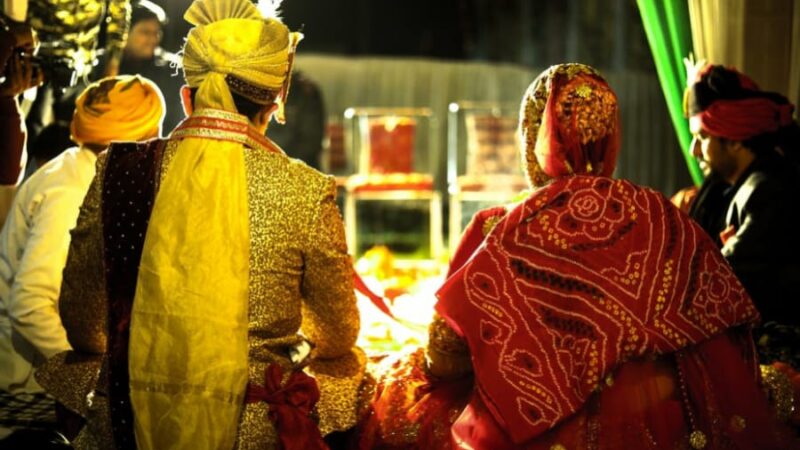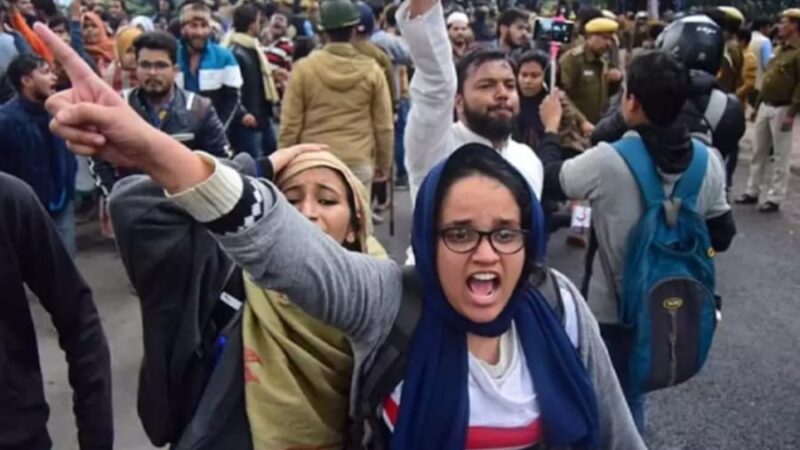Women: From the Vedic times to the present

Yea, many a woman is more firm and better than the man who turns away from Gods, and offers not – Rig Veda Though this line had been interpreted by many to mean that “even a woman is better than a man who does not believe and devote himself to God”, scholars have disagreed. According to these scholars, the phrase actually means that “a woman who is devoted to God is more highly regarded than a man who has no such devotion”. According to a scholar, Stephen Knapp, this kind of equality is rarely found in any other religious scripts. He was right, because the Rig Vedic period was a time when women had more liberty than they have today. They were on an equal footing with their male counterparts. They were given importance on both the religious and the political front. According to the Rig Veda ‘family’ is the ‘hub of religious worship’. And with women being the ‘heart of the family structure’, they made ‘worship’ as the hub of household activities. In fact, family rituals and prayers could not be conducted in their absence. Even on the political front, they could take part in political assemblies and thus played active roles. In many ways, women were as liberal as men. Social evils like child marriage, sati and dowry system did not exist then. On the contrary, late marriage and remarriage of women were not an issue then! Women even had the right to property. Unmarried daughters had shares in the properties of their fathers and also had full legal right to inherit the property of their fathers in the absence of any sons. Even the mother’s property was equally divided among her sons and unmarried daughters, after her demise. However, it must be mentioned here that a wife had no direct share in her husband’s property—although a widowed mother had some rights. Some women even fought in battles, as was seen in the case of Queen Vishpla, who continued fighting in a battle even after losing one leg.
They were well educated and became teachers, scholars, Brahmavadins (women who remained unmarried and concentrated on the Vedas throughout their lives), Sadyodvahas (women who studied Vedas till they were married) and highly respected rishis. There were scholars who composed hymns of the Rig Veda like Lopamudra, Gargi and Maitreyi. Will Durant observes, “Women enjoyed far greater freedom in the Vedic period than in later India. She had more to say in the choice of her mate than the forms of marriage might suggest. She appeared freely at feast and dances and joined with men in religious sacrifice. She could study, and like Gargi, engage in philosophical disputation. If she was left a widow there was no restriction upon her remarriage”. However, this Golden Era for women did not last for long! The infamous author of the Hindu law book, Manusmrti, did stress in his works that a woman must be ‘honoured and treated with respect’. But all that did not change the fact that, in that era, women were gradually losing their freedom. Women were deprived of ‘Upanayana’ ceremony which in turn put curtains to their right to education. In fact, ‘serving her husband’ became a woman’s primary duty and her path to heaven. In the Buddhist Period, though her status on the religious front improved a little, her status on the economic front, like property rights did not change. In the Medieval Period, the Purdah System was introduced and the education of women was stopped altogether. Thereby, the status of women in the society plunged even lower. Even in this 21st Century, we still stand in a pit, as far as the status of women in the society is concerned. It is indeed shameful that over the time, we Indians have walked backwards! We have degenerated! We claim to be civilised, yet a look into our rich history proves that we are now living in one of the most primitive eras! Why have we degraded ourselves so much? We talk of modernisation, but how can we modernise when we are rooted in our primitive ideologies? It is high time to realize this grave mistake of ours and rectify it immediately. Only when we have a strong foundation we can build a firm building. Only if we have all the hands holding together we can build a beautiful nation.
–—————
About the Author: This article is contributed by Sneha Mathew, our intern.






